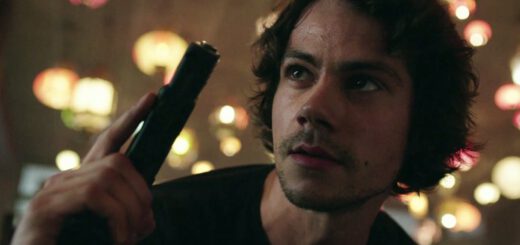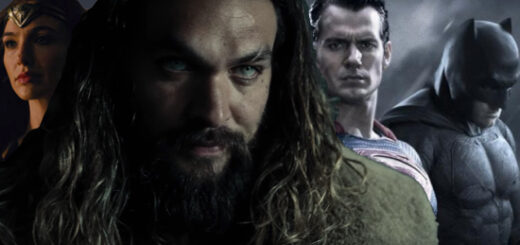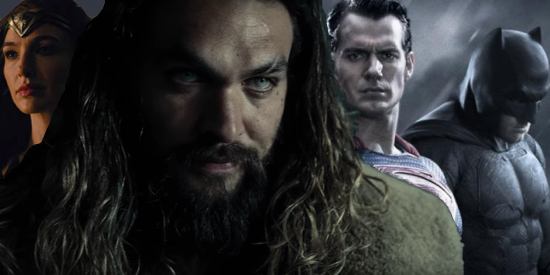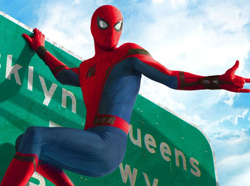Box Office Democracy: American Assassin
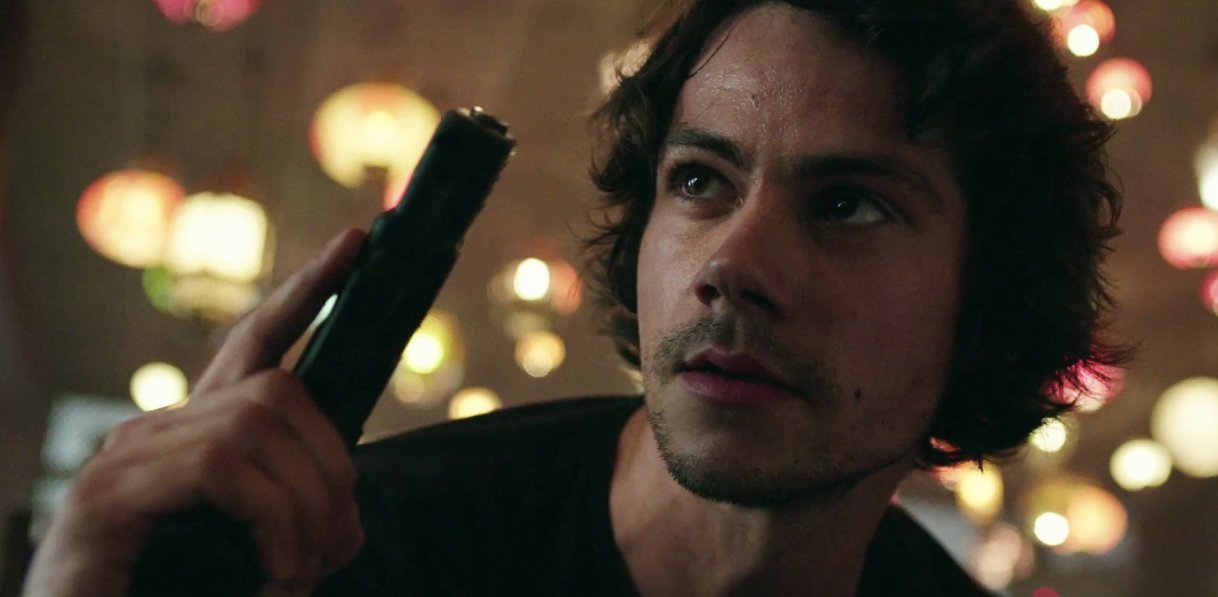
I don’t really know what it’s like to be an actor and even less what it’s like to be an aging actor, but I have to wonder what made Michael Keaton take this role in American Assassin. He signed on to play this role after being nominated for an Oscar for Birdman and having wrapped production on The Founder, so he had done two big meaty acting roles in a row and he chose…this. Maybe the money was too good (and he didn’t know he would sign to be The Vulture a month later), maybe the phone just isn’t ringing off the hook for older actors if you aren’t in the Clooney-tier. American Assassin is a bad movie and it makes Keaton look like a dime store Liam Neeson. He should be doing better things than this, everyone in this movie should. Movies should be better than making movies like this.
American Assassin has all the narrative nuance you would expect from a movie based on a book written by a consultant on 24. Mitch Rapp (Dylan O’Brien) is a man haunted by the murder of his fiancée by terrorists and turns himself in to a one-man terrorist vigilante. He can speak Arabic, do MMA, and shoot a gun so he’s definitely capable of single-handedly infiltrating big secretive organizations and immediately talking to big-name terrorists. He’s arrested in the middle of one of his operations and recruited in to a secret CIA terrorist-hunting squad led by Stan Hurley (Michael Keaton) who also does not play things by-the-book but also hates Mitch for not following the rules. There’s a big hunt for a nuclear weapon that is being sold by a former protege of Hurley’s who also does not like following the rules.
The CIA depicted in this movie is an organization full of people who constantly belittle each other, don’t follow procedure or even direct orders, and play fast and loose with each other’s lives and the lives of millions of people if we take the whole atomic weapon thing seriously. It’s kind of inconceivable to imagine this organization is capable of stopping any kind of foreign plot. I understand that they want our protagonists to feel like rugged individualists (why else put “American” in the name honestly) but there’s never any contrast. I can appreciate the plays-by-his-own-rules characters only if I have a baseline to compare them to. This works in cop dramas a lot more easily because I know what a standard police officer looks and acts like; I have no such standard for black ops CIA operatives. If all you ever show me are the iconoclasts they don’t stand out at all.
I honestly thought we were past the point of making movies as overtly racist as American Assassin but it would seem I am just naive. There is one Middle Eastern person in this movie with lines that is not working with terrorists, and even he is working directly contrary to the interests of the US government but is just honorable about it. Moreover, while all of the bad guys who get few lines and exist just to be chased and die are Middle Eastern, the grand schemer behind the whole plot is another white guy. They made a movie about how all these brown people are evil and didn’t even have a meaty villain role to give to an Iranian actor. It’s insulting, it’s sad, it makes the movie more predictable, and it shouldn’t be ok in this day and age.
Even if the politics weren’t a garbage fire, American Assassin just doesn’t have interesting action beats. The very best scene in the movie would be the worst action scene in the most recent Bourne movie. There’s a sequence where an agent gets murdered in the field and it leads directly in to a car chase where nothing happens and there’s no interaction between the two cars. There’s an MMA-style fight that features someone getting a full mount on their opponent and then that same opponent immediately kicks them in the face. I’m not a Brazilian Jiu Jitsu expert but that doesn’t seem possible. Even the big finale featuring a live nuclear warhead doesn’t seem particularly important or impactful and I cared so little about the characters that as soon as the effects shots were over I was ready for them to fade to black. I could not make myself care about the fates of these characters.
There’s no shortage of spy thrillers out there right now— I can’t imagine what made anyone look at the movie landscape, then look at this script, and think they had something worth making. The best thing I can say about this movie is that it’s usually boring and only occasionally racist and/or confusing. American Assassin is a movie with nothing interesting to say, nothing interesting to show you, and only a couple of reasonably interesting ways to point a camera at something. This is a movie everyone involved with should be embarrassed about and if we’re lucky maybe everyone will just forget it ever happened.

